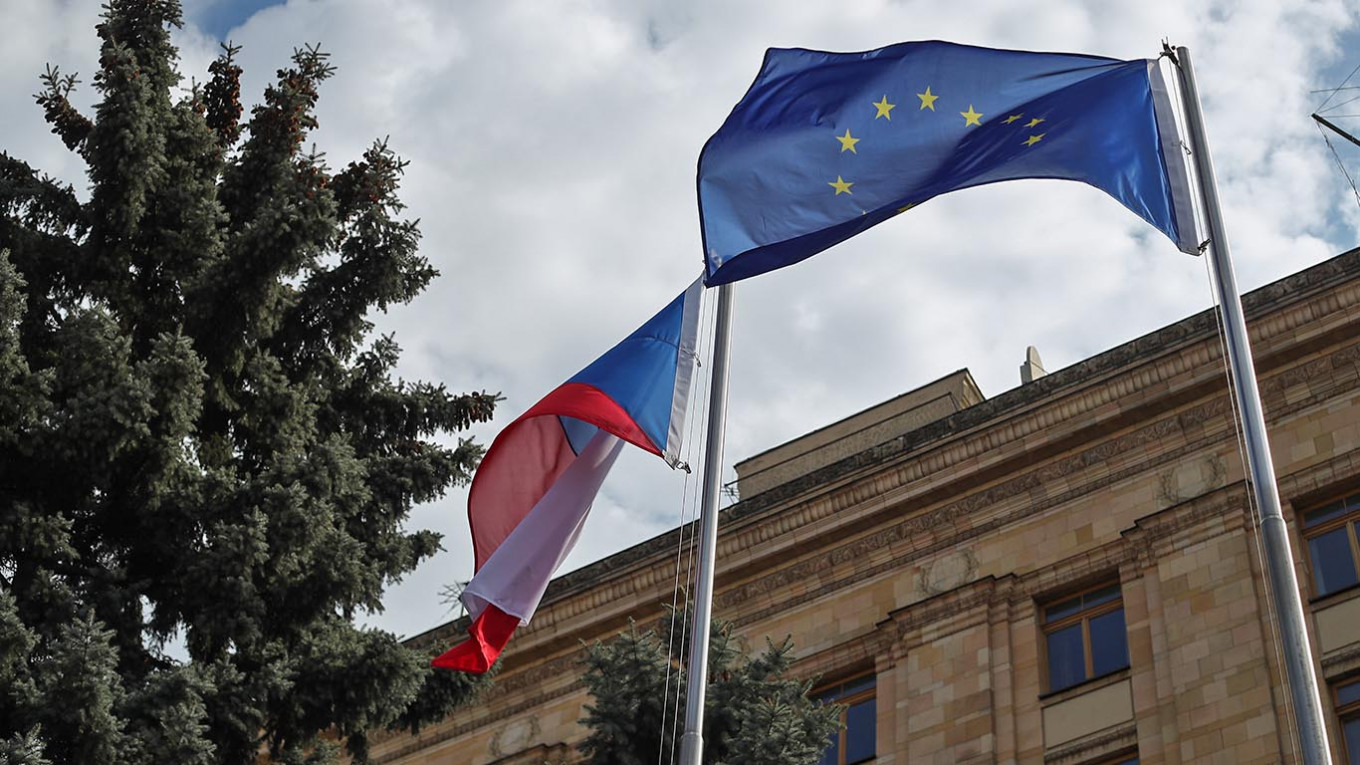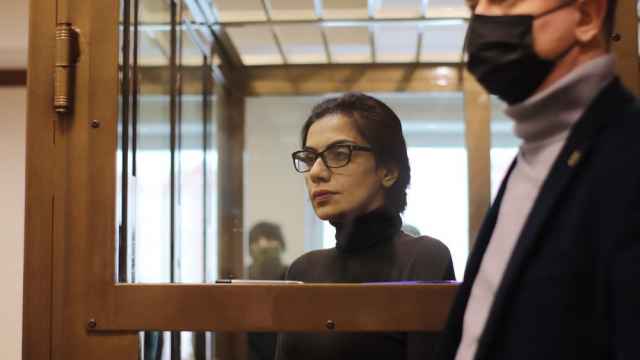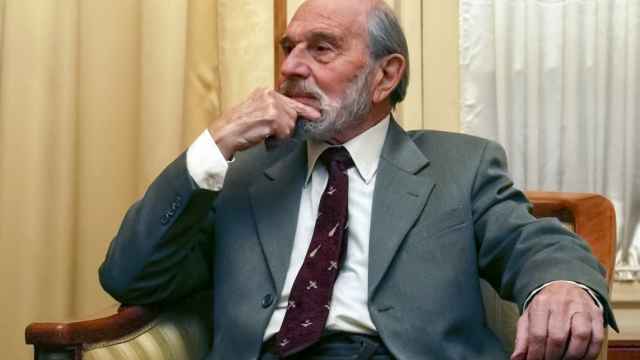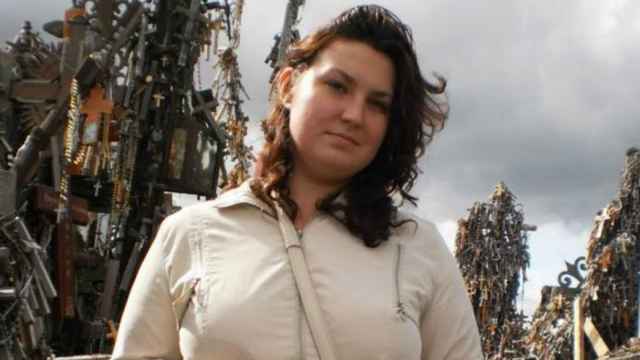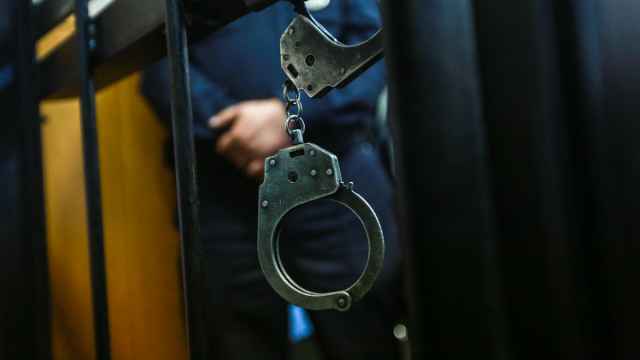The last few years haven’t exactly been uneventful, but even so, it’s hard to recall a weekend filled with as much drama as the most recent one, with so many disclosures made by intelligence agencies all at once.
While the Russian Federal Security Service (FSB) and Belarusian KGB were preventing a coup in Belarus that would supposedly have seen Belarusian President Alexander Lukashenko assassinated and his children kidnapped, the Czech intelligence agencies, apparently working in tandem with their Western counterparts, exposed an “act of state terrorism.”
They accused Alexander Petrov and Ruslan Boshirov — the two men previously charged with poisoning the former Russian spy Sergei Skripal and his daughter with a deadly nerve agent in the British town of Salisbury in 2018 — of orchestrating a 2014 explosion at a Czech arms depot that killed two men. These revelations will undoubtedly be used by both sides in the confrontation between Russia and the West to force any third party caught in the middle to choose a side once and for all.
The Czech authorities appear to have plenty of proof to back up their allegations. They say that access passes to the arms depot, supposedly for an inspection visit, were ordered for the two men, who stayed in a hotel close to the site. According to leaks in the Czech media, there is even CCTV footage of Petrov and Boshirov visiting the depot the day before the explosion.
As for motive, at the time of the explosion back in October 2014, the depot had been supplying arms to Ukraine, which was waging a war against Russia-backed separatists in its Donbas region. The arms dealer responsible was Emilian Gebrev, a Bulgarian businessman who survived being poisoned in the Bulgarian capital Sofia six months after the explosion.
There are, of course, still unanswered questions relating to the explosion, such as why there was another explosion at the same depot just two months later, and why the Czech authorities have only made the claims public now. The former Czech foreign minister, Tomáš Petříček — who was dismissed a week ago — claims he has known for some time.
Regardless of these mysteries, the Czech Republic has already announced the expulsion of eighteen Russian diplomats whom it has identified as undercover intelligence officers. This means the far smaller Czech embassy in Moscow will effectively be closed, along with the consulates in Yekaterinburg and St. Petersburg. Contact between the two countries will be put on hold.
There can be no talk now of Russia supplying the Czech Republic with its Sputnik V coronavirus vaccine: something Czech First Deputy Prime Minister Jan Hamacek was due to discuss in Moscow at the end of this month. Nor, of course, can that visit go ahead. Also off the table is the prospect of Rosatom, Russia’s nuclear energy corporation, winning a tender to build new reactors at the Dukovany nuclear power plant, a contract worth several billion dollars. Prague has long been criticized in the West for being prepared to consider energy proposals from a hostile Moscow. Now it will be almost impossible to deflect that criticism.
It’s also clear that the fallout from these accusations will reach far beyond the Czech Republic, which is already in talks with its EU and NATO allies. Charges of state terrorism carried out on the territory of a NATO country and resulting in the death of its nationals are certainly no less serious than the attempted murder of the double agent Skripal.
Combined with the treatment of the jailed Russian opposition leader Alexei Navalny, the latest revelations are likely to prompt European countries to significantly reduce cooperation with Russia on a wide range of issues, while existing projects will come under major pressure.
A fresh wave of sanctions and condemnation won’t just sound the death knell for the prospect of selling the Russian vaccine to Europe. It will also likely affect areas in which cooperation has so far managed to continue, in particular the energy sector. It’s hard to imagine in the current circumstances how the Nord Stream 2 pipeline — even if completed — could become fully operational. Russia’s involvement in the construction of nuclear power plants in Bulgaria and Hungary will also run into new and possibly insurmountable difficulties.
There will be extra incentive in the Balkans and Central Europe to diversify away from importing gas through Russian pipelines in favor of LNG. Even ordinary travel between Russia and Europe could become far more difficult, especially since it will be much easier to introduce new restrictions now, when the borders have been closed for over a year.
Russia, for its part, will dig in deeper in areas where it has the defining influence, reacting even more harshly to any signs of what it considers to be Western interference. The latest allegations of a planned Belarusian coup show how hard it will be for Minsk to return to even a limited form of a multi-vector foreign policy.
It’s obvious that the two aging political commentators arrested in a Moscow restaurant on suspicion of plotting against the Belarusian president posed little threat to Lukashenko and his regime. And the suggestion that the United States was behind the plot is at odds with its abysmal organization.
It’s more likely that the men, as critics of Lukashenko, were lured to Moscow for a sting operation by an intelligence officer pretending to have gone rogue. Once there, they apparently were egged on into talking about a coup d’état — while being covertly recorded.
The active involvement in the operation of Russia’s FSB demonstrates just how closely the security agencies of the two countries are now working together, while Lukashenko’s public comments that the plot to kill him must have been approved by the U.S. leadership throws up yet another obstacle to communications between Minsk and the West.
Whether by accident or design, the "plot" was uncovered at the same time as renewed focus on the integration road maps aimed at unifying life in Russia and Belarus, and ahead of Lukashenko’s visit to Moscow on April 22. Moscow is determined to use Minsk’s growing problems — from sanctions and economic troubles to protests and plots — to really tighten its embrace of Belarus, leaving it with as little room for maneuver as possible. It’s not clear whether Lukashenko is capable of resisting, or even whether he wishes to.
Once again, the continent appears to be splitting into two fiercely divided camps. Neither side is opposed to the emergence of a clear border between them, and they are even more or less agreed on where that border should be: there are just the finer details to hash out.
Each side has a realistic understanding of its own capacity and of what the other side will accept. Russia is clearly prepared to reconcile itself to the loss of any involvement in the Czech energy sector, while the United States doesn’t plan to exert much effort to protect Belarusian sovereignty.
The times when minor details could change the outline of the fast-forming dividing line are over. The border is calcifying, eliminating not only movement from one side to the other, but also the freedom not to choose a side.
This article was first published by the Carnegie Moscow Center.
A Message from The Moscow Times:
Dear readers,
We are facing unprecedented challenges. Russia's Prosecutor General's Office has designated The Moscow Times as an "undesirable" organization, criminalizing our work and putting our staff at risk of prosecution. This follows our earlier unjust labeling as a "foreign agent."
These actions are direct attempts to silence independent journalism in Russia. The authorities claim our work "discredits the decisions of the Russian leadership." We see things differently: we strive to provide accurate, unbiased reporting on Russia.
We, the journalists of The Moscow Times, refuse to be silenced. But to continue our work, we need your help.
Your support, no matter how small, makes a world of difference. If you can, please support us monthly starting from just $2. It's quick to set up, and every contribution makes a significant impact.
By supporting The Moscow Times, you're defending open, independent journalism in the face of repression. Thank you for standing with us.
Remind me later.



